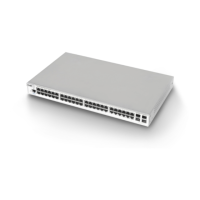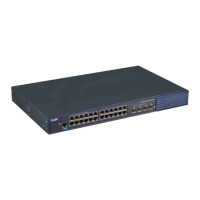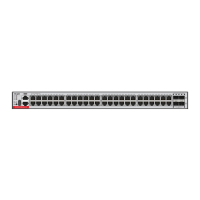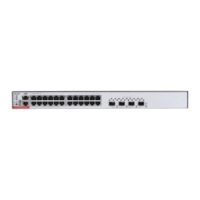Oversize packets : 0
collisions : 0
Fragments : 0
Jabbers : 0
CRC alignment errors : 0
AlignmentErrors : 0
FCSErrors : 0
dropped packet events (due to lack of resources): 0
packets received of length (in octets):
64:46264
65-127: 47427
128-255: 3478
256-511: 658
512-1023: 18016
1024-1518: 125
Packet increment in last sampling interval(5 seconds):
InOctets : 10000
InPkts : 1000(Unicast: 10%, Multicast: 10%, Broadcast: 80%)
InUcastPkts : 100
InMulticastPkts : 100
InBroadcastPkts : 800
OutOctets : 10000
OutPkts : 1000(Unicast: 10%, Multicast: 10%, Broadcast: 80%)
OutUcastPkts : 100
OutMulticastPkts : 100
Rxload refers to the receive bandwidth usage and Txload refers to the Tx bandwidth usage.
InPkts is the total number of receive unicast, multicast and broadcast packets. OutPkts is the
total number of transmit unicast, multicast and broadcast packets.
Packet increment in last sampling interval (5 seconds) represents the packet statistics increased
during the last sample interval (5 seconds).
The following example displays the packet statistics on interface GigabitEthernet 0/1 increased during
the last sample interval.
Ruijie#show interfaces GigabitEthernet 0/1 counters increment
Interface : GigabitEthernet 0/1
Packet increment in last sampling interval(5 seconds):
InOctets : 10000
InPkts : 1000(Unicast: 10%, Multicast: 10%, Broadcast: 80%)
InUcastPkts : 100
InMulticastPkts : 100
InBroadcastPkts : 800
OutOctets : 10000
OutPkts : 1000(Unicast: 10%, Multicast: 10%, Broadcast: 80%)
OutUcastPkts : 100

